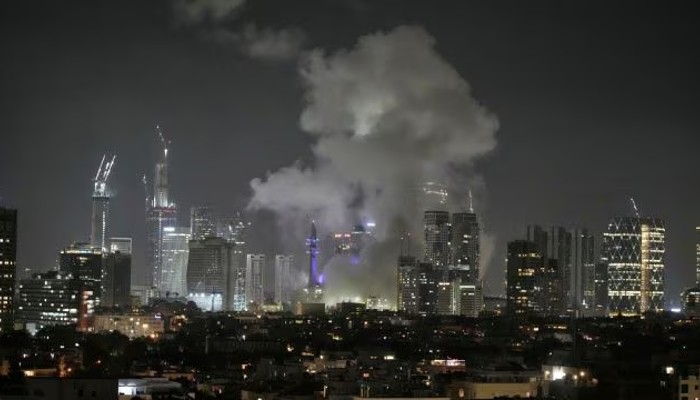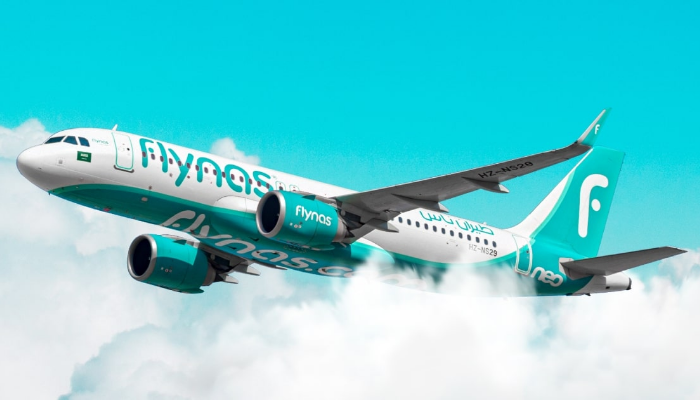US and Saudi Arabia Sign $142 Billion Arms Deal During Trump Visit

US President Donald Trump meets Saudi Crown Prince Mohammed bin Salman in Riyadh on May 13, 2025, for bilateral talks.
United States and Saudi Arabia sign $142 billion defence agreement during Donald Trump's Riyadh visit, the largest arms deal in US history.
US and Saudi Arabia Finalise Record Defence Agreement in Riyadh
The United States and Saudi Arabia have signed what is being described as the largest arms deal in US history, worth nearly $142 billion, during former US President Donald Trump’s official visit to the Saudi capital, Riyadh.
The agreement was finalised at the start of a four-day tour of the Middle East by Mr Trump, who is seeking to deepen economic and strategic ties with key Gulf nations amid ongoing concerns over Iran’s regional influence and continued conflict in Gaza.
Historic Arms Deal Signed
According to a statement from the White House, the deal involves the sale of advanced military systems, defence equipment, and services. It also includes commercial agreements such as the export of gas turbines and components for power generation.
“This is the largest defence sales agreement in history,” the White House said, stating it would provide Saudi Arabia with “state-of-the-art warfighting equipment.”
The announcement comes shortly after the US gave preliminary approval to a $3.3 billion sale of air-to-air missiles to Saudi Arabia. That package includes 1,000 AIM-120C-8 missiles, guidance systems, and technical support, to be manufactured by RTX Corporation in Tucson, Arizona.
The US Defence Security Cooperation Agency said the deal would “support the foreign policy goals and national security objectives of the United States by improving the security of a partner country that contributes to political stability and economic progress in the Gulf region.”
Economic and Strategic Focus
Mr Trump’s visit to the Middle East includes further stops in Qatar and the United Arab Emirates. The visit is largely focused on securing economic investment and expanding strategic partnerships.
Saudi Crown Prince Mohammed bin Salman greeted Mr Trump on arrival in Riyadh with full ceremonial honours, including a fighter jet escort by the Royal Saudi Air Force.
The two leaders held a bilateral meeting at the airport, after which more than a dozen cooperation agreements were signed. These covered a range of sectors, including defence, justice, and cultural exchange.
Later in the day, both leaders attended an investment conference aimed at promoting further Saudi economic engagement with the US.
Saudi Investment Commitments
Prince Mohammed reiterated Saudi Arabia’s intention to invest up to $600 billion in the United States over the next four years. Mr Trump, however, stated his ambition for that figure to reach $1 trillion.
The Riyadh agreements follow a broader trend of Gulf states increasing foreign investment in the US. Several American business leaders, including Elon Musk and the CEOs of BlackRock and Blackstone, were present for the occasion.
Mr Trump’s administration is promoting a transactional foreign policy approach, linking diplomatic engagement directly to economic outcomes.
Context: Middle East Dynamics and Oil Diplomacy
Saudi Arabia, the largest oil producer within the OPEC+ group, has also increased output in coordination with the Trump administration. The move is intended to lower global energy prices and curb inflation in the US.
However, the Saudi economy remains highly dependent on oil revenues. Experts estimate the kingdom requires oil prices between $96 and $98 per barrel to balance its national budget. By contrast, Brent crude was trading at under $65 per barrel at the time of the agreement.
The arms deal and growing economic ties come at a time when the regional political landscape remains tense. The US recently paused its air campaign in Yemen following a pledge by Houthi rebels to halt attacks on maritime shipping routes. However, the decision was reportedly made without prior consultation with Israel, a key US ally.
Regional Reactions and Diplomatic Signals
Mr Trump’s choice to begin his Middle East visit in Saudi Arabia—skipping Israel—has drawn attention from analysts. William Wechsler of the Atlantic Council noted that the itinerary signals a shift in Washington’s regional priorities.
“The main message coming out of this, at least as the itinerary stands today, is that the governments of the Gulf … are in fact stronger friends to President Trump than the current government of Israel at this moment,” Mr Wechsler said.
Tensions between the US and Israel have grown recently, particularly over negotiations involving Hamas and Iran. Israeli Prime Minister Benjamin Netanyahu has insisted that Israel will act independently to defend its national interests.
Conclusion
The $142 billion defence agreement marks a significant milestone in US-Saudi relations, both in terms of economic scale and strategic alignment. While the deal strengthens Riyadh’s military capabilities and supports American defence exports, it also underscores shifting alliances and evolving diplomatic strategies in the Middle East.
As former President Trump continues his tour of the Gulf, further agreements may follow, reflecting a broader ambition to cement economic and political ties with some of the region’s most influential actors.

Israel-Iran Conflict Escalates: Missiles Exchanged Amidst Mossad-Led Strikes
Tensions soar as Israel and Iran exchange missile strikes. Israel targets nuclear sites, Iran retaliates with ballistic missile barrage, raising war fears.
| 2025-06-14

Iran Summons UK Diplomat Over Arrests of Nationals in Terror Probes
Iran protests UK arrests of its nationals over terror charges, calling the move baseless and politically motivated. Three Iranians face national security charges.
| 2025-05-19

India and Iran Discuss Chabahar Port Amid Regional Tensions
India’s NSA Ajit Doval and Iran’s Ali Akbar Ahmadian discussed expanding cooperation on the Chabahar port and regional stability amid India-Pakistan tensions.
| 2025-05-19

Qatar Airways Profit Surges 28% to $2.1 Billion on Global Expansion
Qatar Airways reports a record $2.1 billion profit, driven by international investments and a landmark aircraft and engine deal with Boeing and GE Aerospace.
| 2025-05-19

Haj Flights Resume Between Saudi Arabia and Iran After Eight-Year Pause
Flynas restarts haj flights from Iran for the first time since 2015, signalling improved Saudi-Iran relations after a Chinese-brokered deal in 2023.
| 2025-05-19




